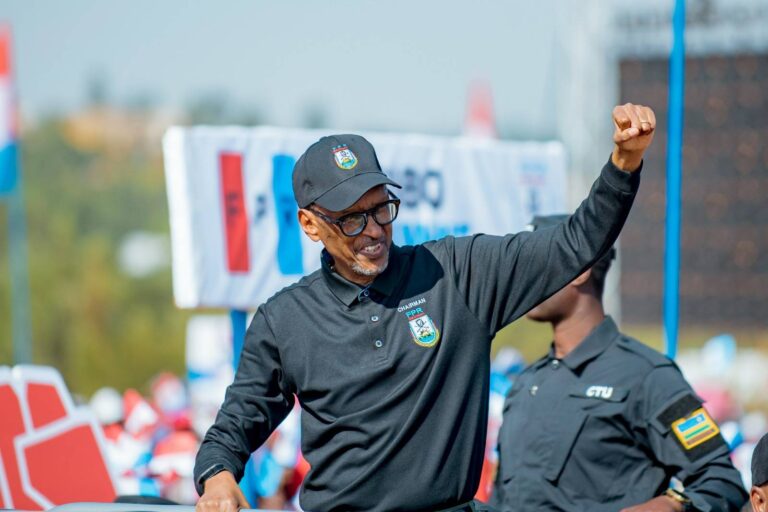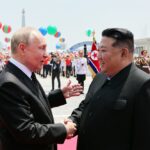The President Paul Kagame is likely to win after the president held large rallies in major districts ofRwanda, telling his supporters about the progress his administration made.
Since Kagame was first elected president in April 2000, he has systematically repressed any opposition to his rule.
The incumbent’s rival candidates are Frank Habineza, who leads the opposition Democratic Green Party, and Philippe Mpayimana, an independent candidate and former journalist. Habineza, a former RPF member, is advocating for changes to tax and land policies and for modernisation of agriculture. His party holds just two of 53 contestable seats in the Chamber of Deputies, Rwanda’s lower house of parliament.Habineza entered politics and formed the Green Party in 2009. Mpayimana, The former journalist, professor and author was one of millions who fled Rwanda during the genocide, ending up in France and Belgium, where he worked as a teacher for many years.
He also worked with NGOs helping Hutu refugees in the DRC. The politician has promised to reform the mining sector to benefit small-scale miners and to expand access to loans for university students.
In the last election, Habineza and Mpayimana each got less than 1% of votes. Both continue to lack sufficient name recognition, financial resources and organisational ability to significantly challenge Kagame.
There’s no doubt that President Paul Kagame will cruise to a fourth term in office.
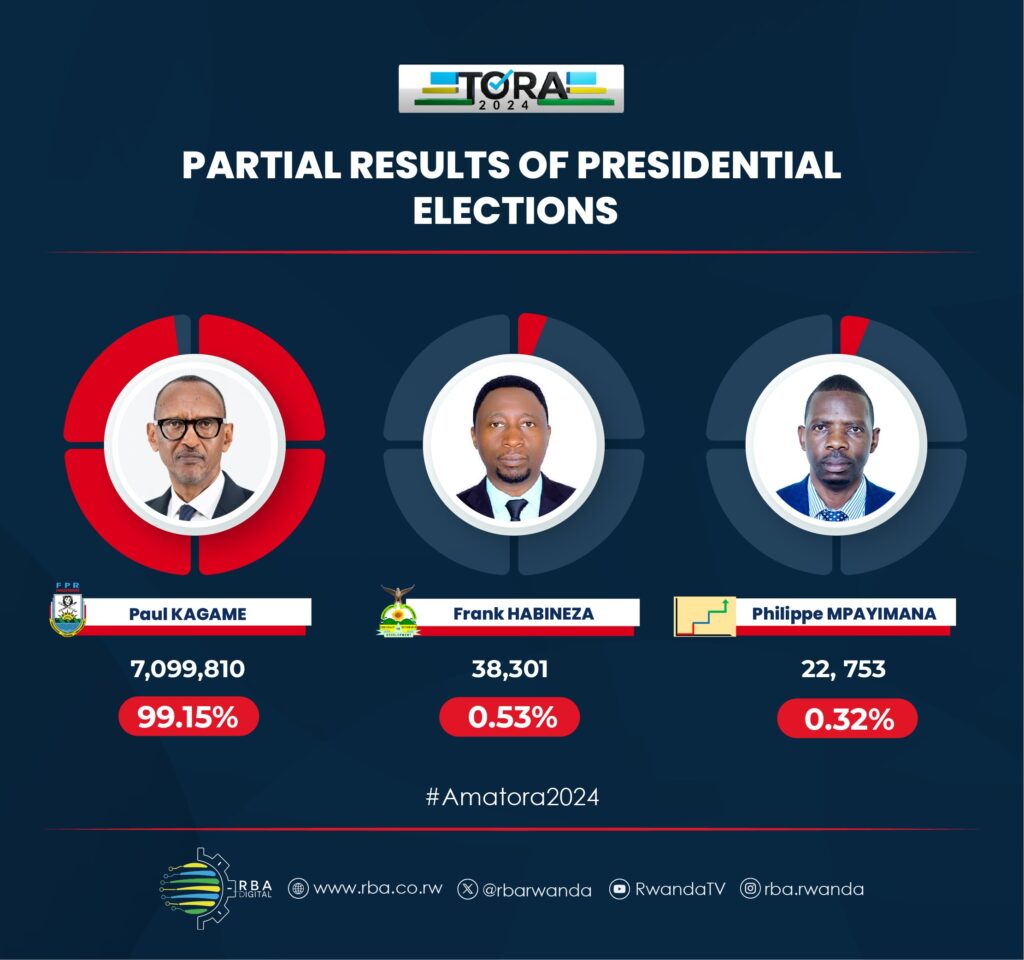
Over 9 million voters are registered for election. As well as choosing a president, they will elect members of the 80-seat lower house of parliament.
The outlook mirrors that of the last election in 2017, when Kagame dominated his rivals with close to 99 percent of the vote. Rwandan courts rejected appeals from prominent opposition figures Bernard Ntaganda and Victoire Ingabire to remove previous convictions that effectively disqualified them from the race. Rwanda’s opposition faces “severe restrictions… as well as threats, arbitrary detention, prosecution, trumped-up charges, killings and enforced disappearances, according to the Amnesty International.
Provisional results are expected by 20 July, but suspense over the outcome is limited.
Kagame and his ruling Rwandan Patriotic Front (RPF) are assured – as usual – of a crushing victory. The RPF currently holds 40 seats and its allies 11, while Habineza’s Green Party has two MPs.
Only two candidates – Democratic Green party leader Frank Habineza and the independent Philippe Mpayimana – were approved by the state-run electoral commission to run against him.
The others, including Kagame’s most vocal critics, were invalidated for various reasons that included prior criminal convictions.
That result followed a constitutional change removing term limits that would have barred him from standing again.
The 66-year-old has been de facto ruler of the small Great Lakes nation since 1994 when he came to power after leading the rebel, Tutsi-led Rwandan Patriotic Forces, which seized power from the Hutu government, effectively ending the 1994 genocide that killed 800,000 to one million Tutsis and moderate Hutus. Kagame was considered the de facto leader as vice president from 1994 until 2000 when he officially became president.
when he helped lead the rebel movement that brought the Rwandan genocide to an end.
He was elected president by parliament in 2000 and has won three times at the ballot box, always scoring at least 93 percent of the vote. In 2017 he won nearly 99 percent of the vote.
Kagame’s two rivals both ran against him in 2017.
Habineza expected to exceed the 0.48 percent he scored last time.
Mpayimana, who works for the Ministry of National Unity and Civic Engagement, urged voters at a campaign event to consider his candidacy.
Kagame’s most vocal supporters are young people – the “Kagame Generation” in a country where two-thirds of the population is under the age of 30.
Kagame and his government have drawn criticism, especially from abroad. his regime is widely criticised by rights groups as autocratic, stifling the media and political opposition with arbitrary detentions, killings and enforced disappearances, silencing the media and the opposition with a brutal campaign of arrests and extrajudicial killings. However, Kagame enjoys great support at home, having overseen economic growth rates of an average of 7.2 percent between 2012 and 2022 and the development of infrastructure including hospitals and roads. Kagame’s supporters also say his government has reduced poverty and increased medical insurance coverage for Rwandans, and they cite the transformation of the capital Kigali into a clean. At the same time critics from the rural district of Gicumbi in Rwanda’s north claim to see a change of government pointed out that their home still has no electricity and running water while his children dropped out of school for lack of school fees.
Neighbouring DRC accuses Rwanda of fomenting instability in the east and supporting armed rebel groups, including the Tutsi-led M23.
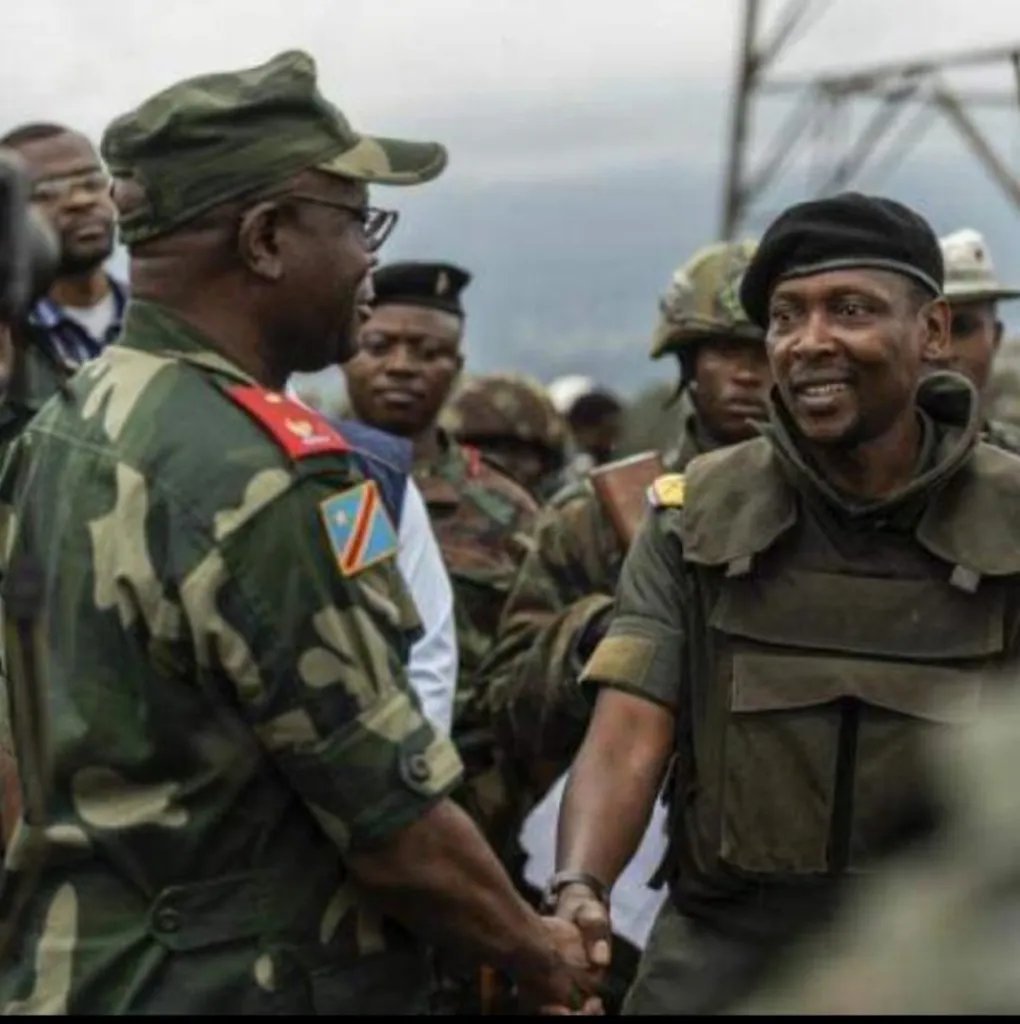
More on this story: DR Congo’s Conflict: Rwanda’s motives to support the M23 rebels
Rwanda’s government denies the accusations against it, and while campaigning Kagame promised continued “good security, development and good governance based on a real democracy”. Rwandan population has mixed feelings about Kagame and his ruling party.
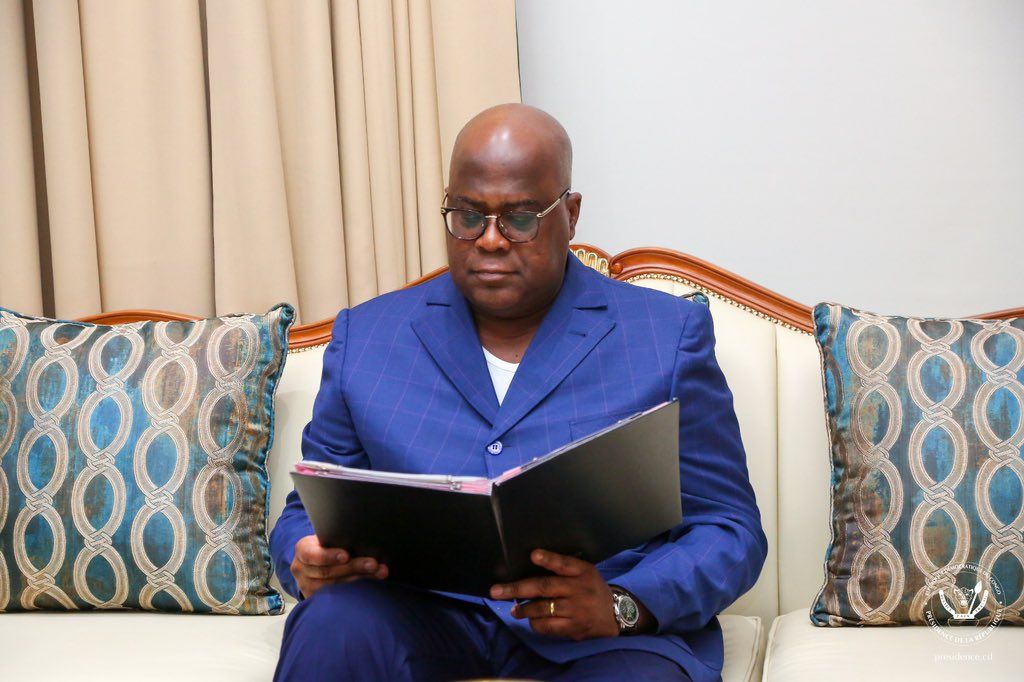
More on this story: Congolese PM resigns amid DRC-Rwanda tensions
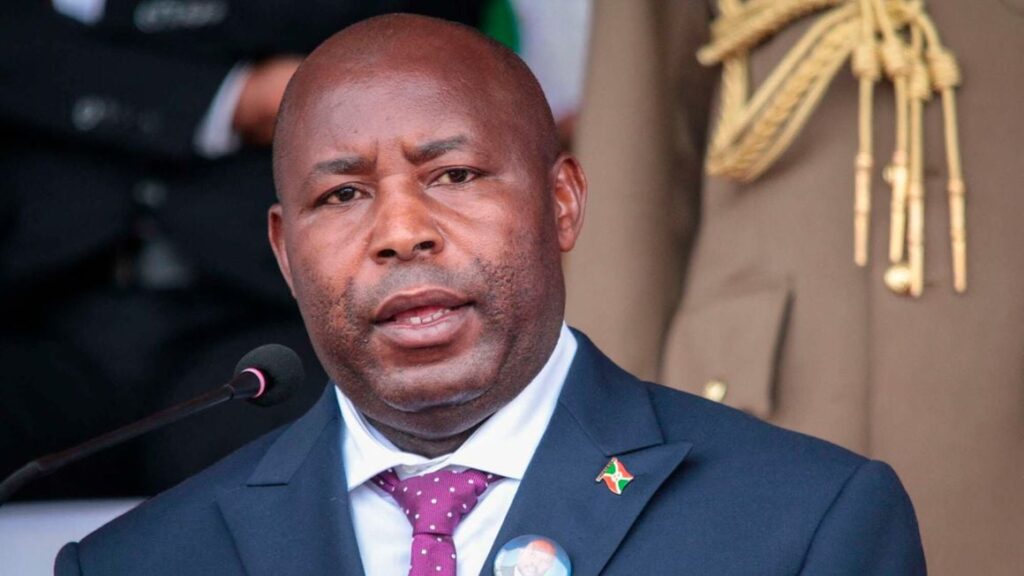
More on this story: wanda-Burundi tensions threaten regional stability


